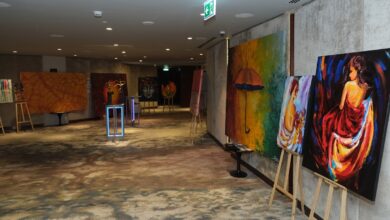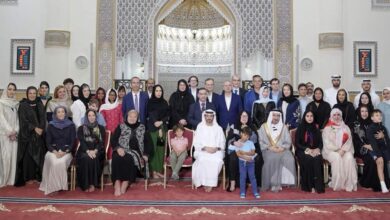The Africa Publishing Innovation Fund (APIF) – a grant-giving program co-led by Dubai Cares, a UAE-based global philanthropic organization and the International Publishers Association (IPA) – has selected five new projects across Africa to receive part of US $200,000 in funding in 2022 aimed at fostering a love of recreational reading among visually impaired and print disabled children and young people.
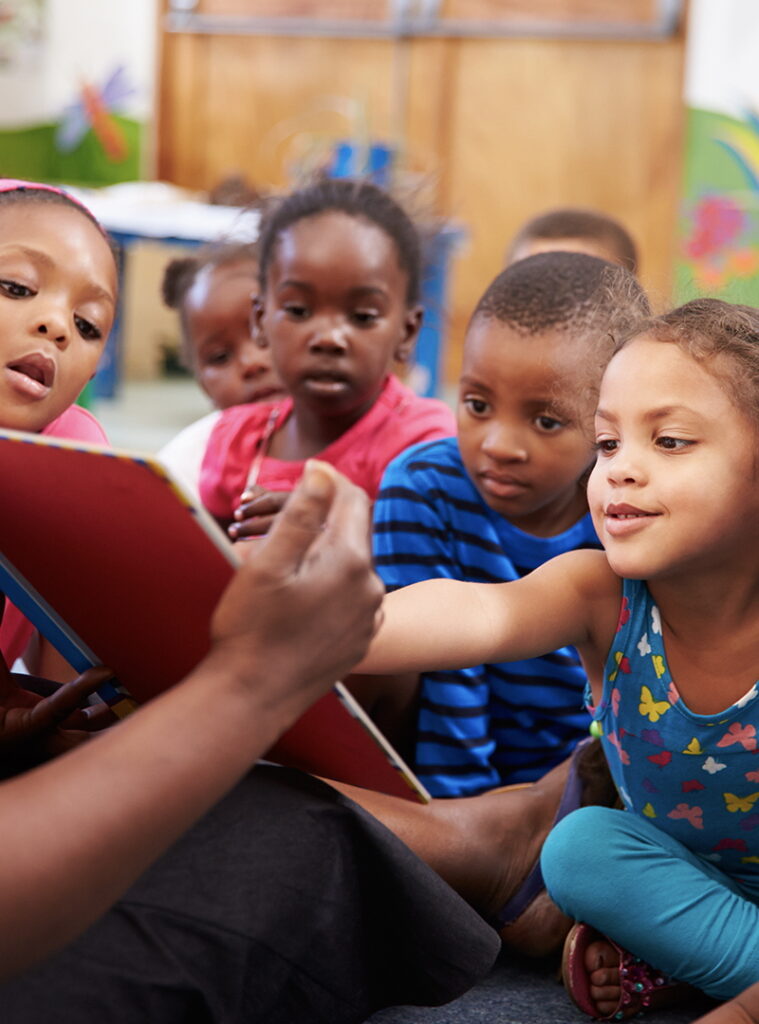
This is the third iteration of the APIF program, which is funded by a multiyear, USD 800,000 donation from Dubai Cares. The APIF Committee, chaired by IPA President Bodour Al Qasimi and comprising renowned publishers from Ghana, Kenya, Nigeria, Tunisia, and South Africa, selected the winners from scores of applications submitted from 18 African countries.
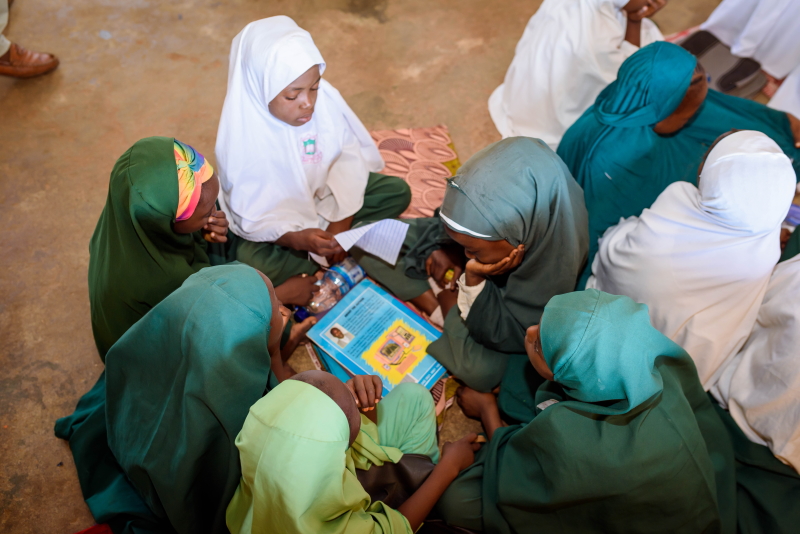
African publishing is steeply tilted towards textbooks – up to 90% of sales in some markets – with reading typically associated with education, and not recreation. The closure of schools during the Covid-19 pandemic, and the impact on government purchasing of textbooks, exposed the vulnerability of the publishing sector in African markets.
The initiatives that will receive APIF funding to help millions of young Africans fall in love with reading are*:
- Association for the Development of Education in Africa (ADEA), Pan-Africa
- Book Aid International, Uganda and Zimbabwe
- OliveSeed, Kenya
- PRAESA, South Africa
- Yanbow Al Kitab, Morocco
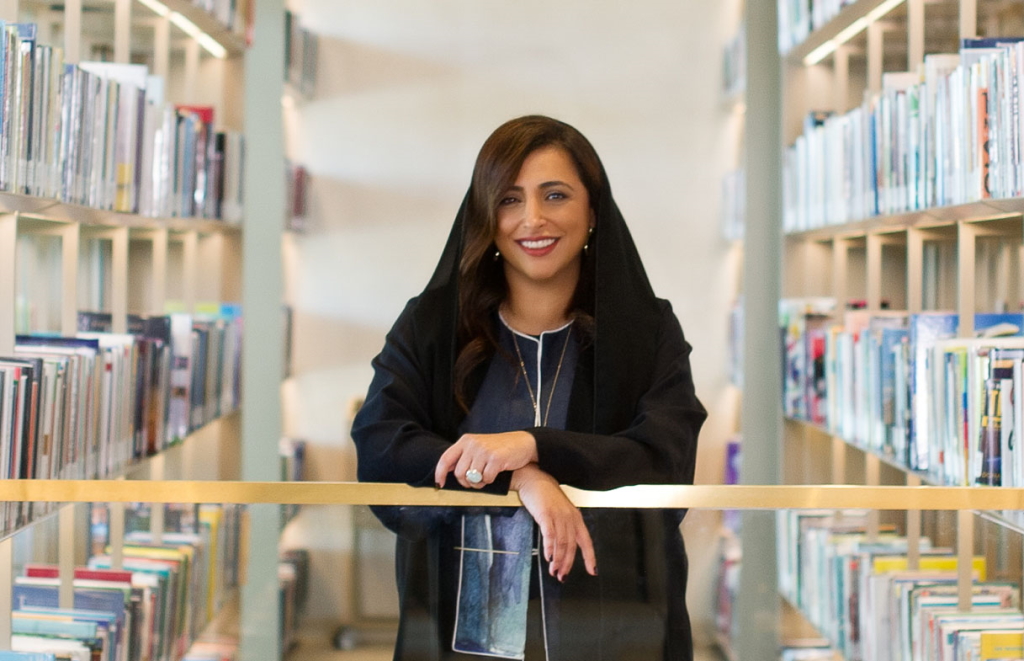
IPA President Bodour Al Qasimi said: ‘Since 2019, the Africa Publishing Innovation Fund has been honoured to breathe life into projects that bring solutions to numerous challenges linked to books and reading. As part of Dubai Cares’ support this year, we are directing APIF financing towards reading for pleasure and accessibility, both being priorities with the power to unlock the literary landscape to everyone, regardless of level of education or ability.’
*2022 projects in detail:
Association for the Development of Education in Africa, Pan-Africa In its Read with the Stars project, the Association for the Development of Education in Africa (ADEA) will enlist celebrities and sports stars to catalyse a reading culture in African schools and homes through read aloud and publicity campaigns in major African cities.
Book Aid International, Uganda and Zimbabwe Book Aid International’s African Story Box will bring books to children and encourage reading for pleasure. The money will target 24 primary schools in Uganda, and Zimbabwe. Book Aid will also organise reading promotion events for local publishers, head teachers, teachers, children, parents, education ministers and other stakeholders.
OliveSeed, KenyaWorking with the Maasai community living in badly disadvantaged Narok Country, near the Maasai Mara National Reserve, OliveSeed Kenya is developing educational programs and learning resource centres at school, each with a well-stocked library.
PRAESA, South AfricaNon-profit organization PRAESA will seek to deepen the impact of reading aloud to children through free webinars and written guides to teach adults how to select the right books, read in an engaging way and use stories to stimulate imagination and critical thinking.
Yanbow Al Kitab, MoroccoChildren’s publisher Yanbow Al Kitab, will give mini libraries to 300 low-income Moroccan families with young children. They will contain 22 books, access to clips of readings by storytellers, and tips for parents on how to optimize read-aloud time with children.
APIF to train African publishers in accessible book production and bring new works to readers
In the second half of 2022, the APIF will work with the international DAISY Consortium to facilitate and fund the production of accessible works in multiple African markets.
This will be the final iteration of the APIF project and will give rise to a new canon of accessible works that will reach blind, visually impaired, and otherwise print disabled African readers. The accessible books produced will have the potential to serve the literary needs of thousands of children, especially those belonging to underserved linguistic minorities.
More information about this programme, which represents a departure from the previous iterations of the APIF, will be made public in the coming weeks.



